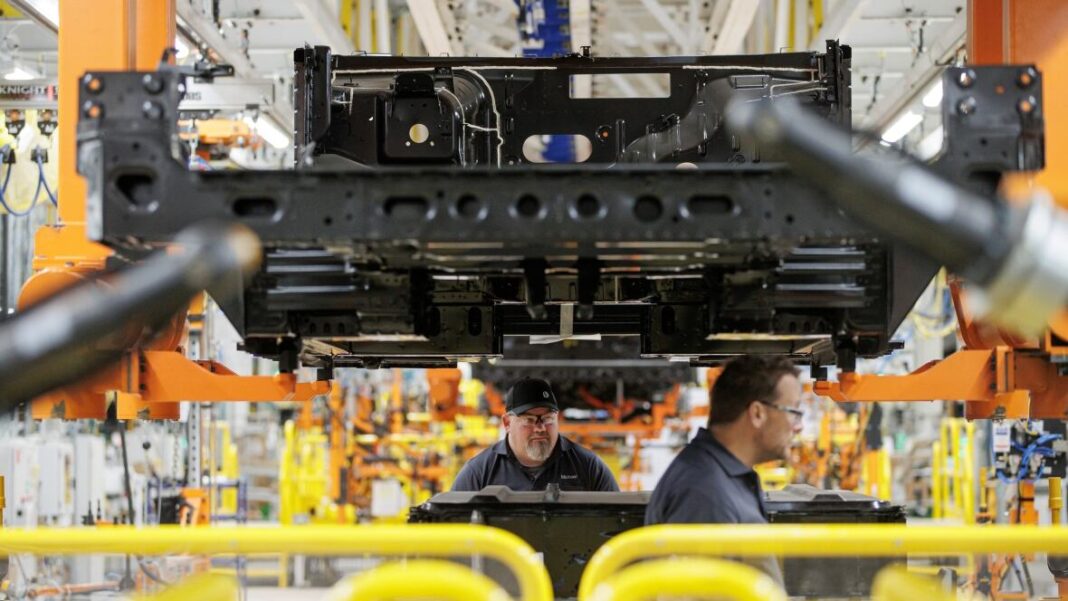Canada’s push to become a global hub for electric vehicle (EV) production has seen billions of dollars pledged by federal and provincial governments. But despite the massive funding, several major projects have stalled or been delayed, raising concerns about the viability of the country’s EV ambitions.
Honda Delays $15 Billion EV Mega Project in Ontario
In April 2024, Honda announced a $15 billion plan to build four facilities in Alliston, Ontario, including its first EV assembly plant and a battery production plant. Two additional facilities were slated to manufacture EV battery components.
The project was expected to create 1,000 direct jobs and produce 240,000 vehicles per year by 2028. Both the federal and Ontario governments had committed $2.5 billion each in support.
However, Honda has since announced a pause on the entire project for at least two years, citing weakened EV demand in North America.
Volkswagen Project on Track but Costs Under Scrutiny
In April 2023, Volkswagen unveiled plans for a $7 billion battery plant in St. Thomas, Ontario, set to begin operations in 2027 and employ 3,000 workers.
The federal government pledged $13 billion in subsidies, but Canada’s Parliamentary Budget Office later estimated the real cost could be $16.3 billion, raising questions about the economic return for taxpayers.
The plant is intended to produce batteries for vehicles assembled in the U.S., temporarily exempt from import duties under the CUSMA agreement.
Northvolt Declares Bankruptcy, Quebec Project in Limbo
Swedish battery manufacturer Northvolt, once hailed for its $7 billion project in Montérégie, Quebec, declared bankruptcy in March.
The Quebec government had pledged $2.9 billion, and the federal government over $4 billion. With the parent company bankrupt, the project’s future is now uncertain. Quebec officials are seeking a new investor to salvage and revive the development.
Stellantis Battery Plant in Windsor Progressing
Stellantis’ $5 billion NextStar Energy battery facility in Windsor, Ontario, is expected to begin operations this year. It aims to produce batteries for up to 450,000 vehicles annually and create 2,500 jobs.
The project was briefly halted in May 2023 over disputes around government support but resumed after the federal and Ontario governments agreed to provide a combined $15 billion in tax credits.
While battery module assembly has begun, full-scale battery production has yet to start.
GM EV Plant in Ingersoll Temporarily Closed
General Motors’ CAMI plant in Ingersoll, Ontario, which manufactures BrightDrop Zevo electric delivery vans, temporarily shut down in May after disappointing sales—only 427 vehicles in Canada and 1,529 in the U.S. in 2024.
GM plans to reopen the plant in October, but only at half capacity. Labor union Unifor maintains that demand for last-mile delivery vehicles is still growing, and the shutdown reflects GM’s internal strategic adjustments.






